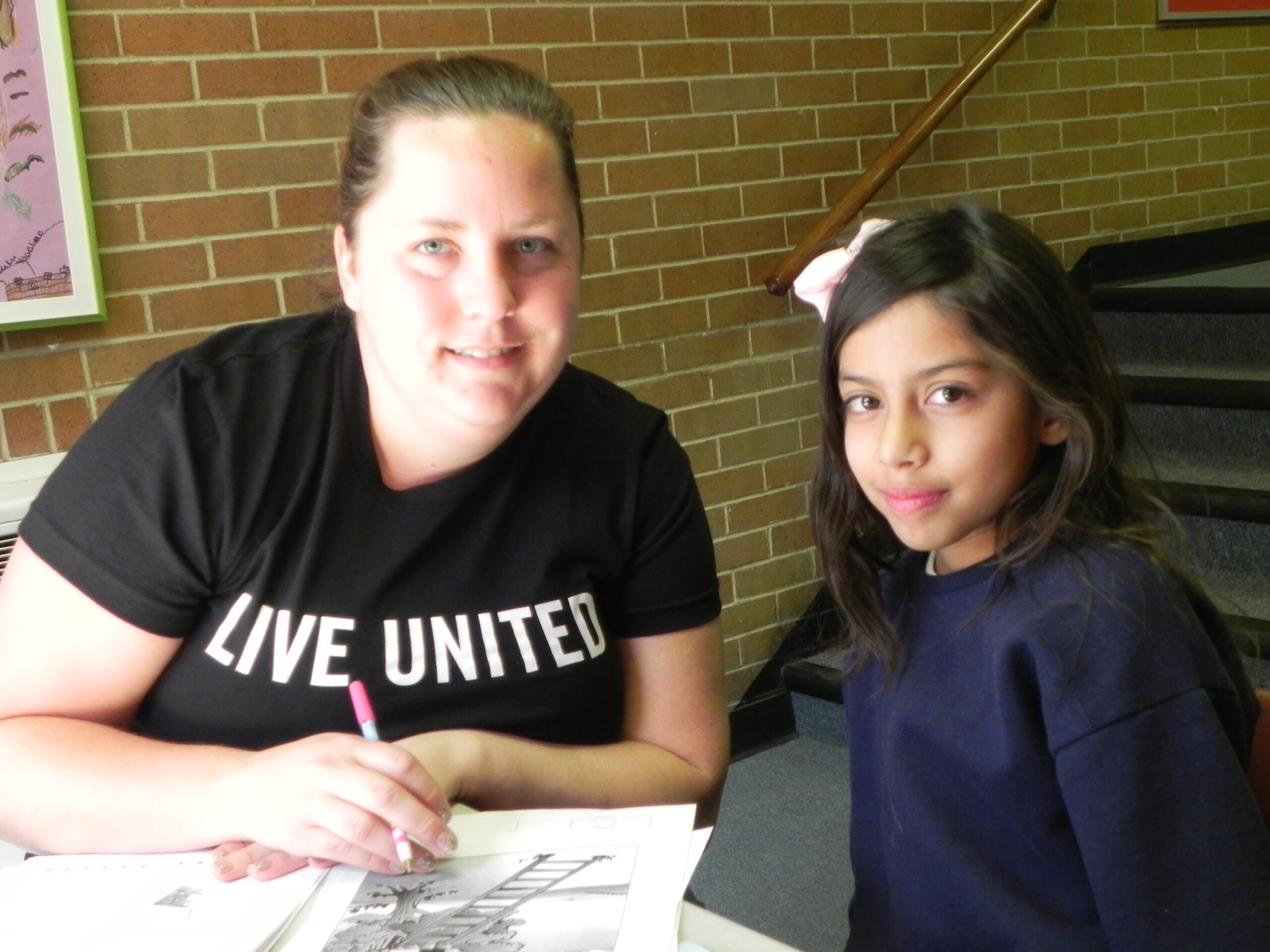
Public Policy Director
Education is the most important engine for economic growth and individual financial gain, yet we know that in order to achieve results in education, we must also focus on linking family and community support. This is especially true in neighborhoods and communities where poverty and other barriers to education are most significant.
On the ground, United Way of Salt Lake’s Promise Partnerships work to make this link in Neighborhood Centers (commonly known as a community school when located on school grounds). This coordinated approach leverages community programs and services so that families can work to support themselves and their children.
The beauty of a community school is that it looks different in every community because they tailor services to the their specific community needs. A community school coordinator connects the dots, aligns services, and builds new partnerships to meet ALL the needs of students and their families.
At Kearns Junior High, parents can access computer and ESL classes during the day to increase their chances of employment and also to help build skills so that they can assist their children with homework. Afterschool programming is provided to students to give structure during the critical period between 3:00 and 6:00 p.m. when youth are most likely to get into trouble. The first hour is focused on homework assistance and the last two hours provide enriching activities. A mobile health clinic is also on site every six weeks to provide primary care and vision screenings, ensuring that youth are healthy and ready to learn.
At Wasatch Elementary School in Davis County, parenting classes, nutritional cooking classes, and GED classes are provided so that parents can better support their children. Afterschool programing and a peer mentoring programs help support students and expand their opportunities so that they are successful in school and in life.
June 6 is National Community School Education Day. Community school supporters from across the country will descend on Capitol Hill and advocate for policies that support and incentivize community school strategies. These types of policies are essential if we truly want to change the odds for every child.
Thanks to the commitment and hard work of our many partners, we have seen significant progress. For example:
- Math proficiency in our partnerships has increased by 3 percent in third grade, 5 percent in 5th grade and 15 percent in 6th grade
- Language arts proficiency has increased by 7 percent for 5th graders and 14 percent for 6th graders
- At the junior high level, language arts proficiency is up by 8 percent and science proficiency is up 4 percent
By using Utah schools as hubs, where many partners are brought together to offer a range of support and opportunities for children, youth, and families in our community, we will see children succeed from cradle to career.
Join the conversation on Twitter with hashtag
#AdvocateCommunitySchools.
Share with your networks how important community schools
are to the success of our neighborhoods.

